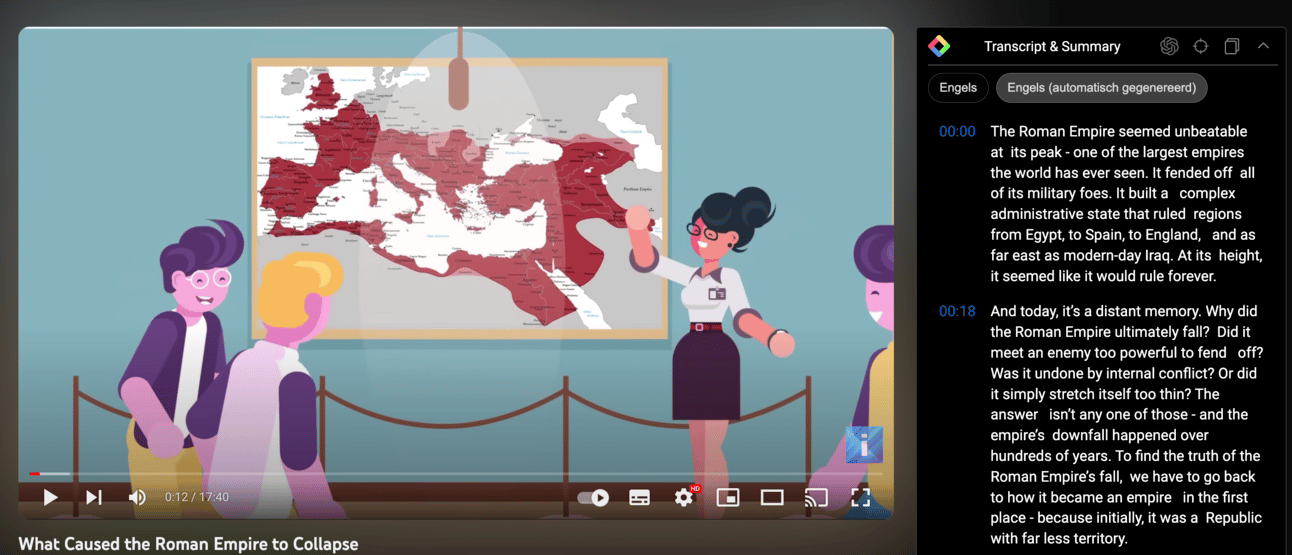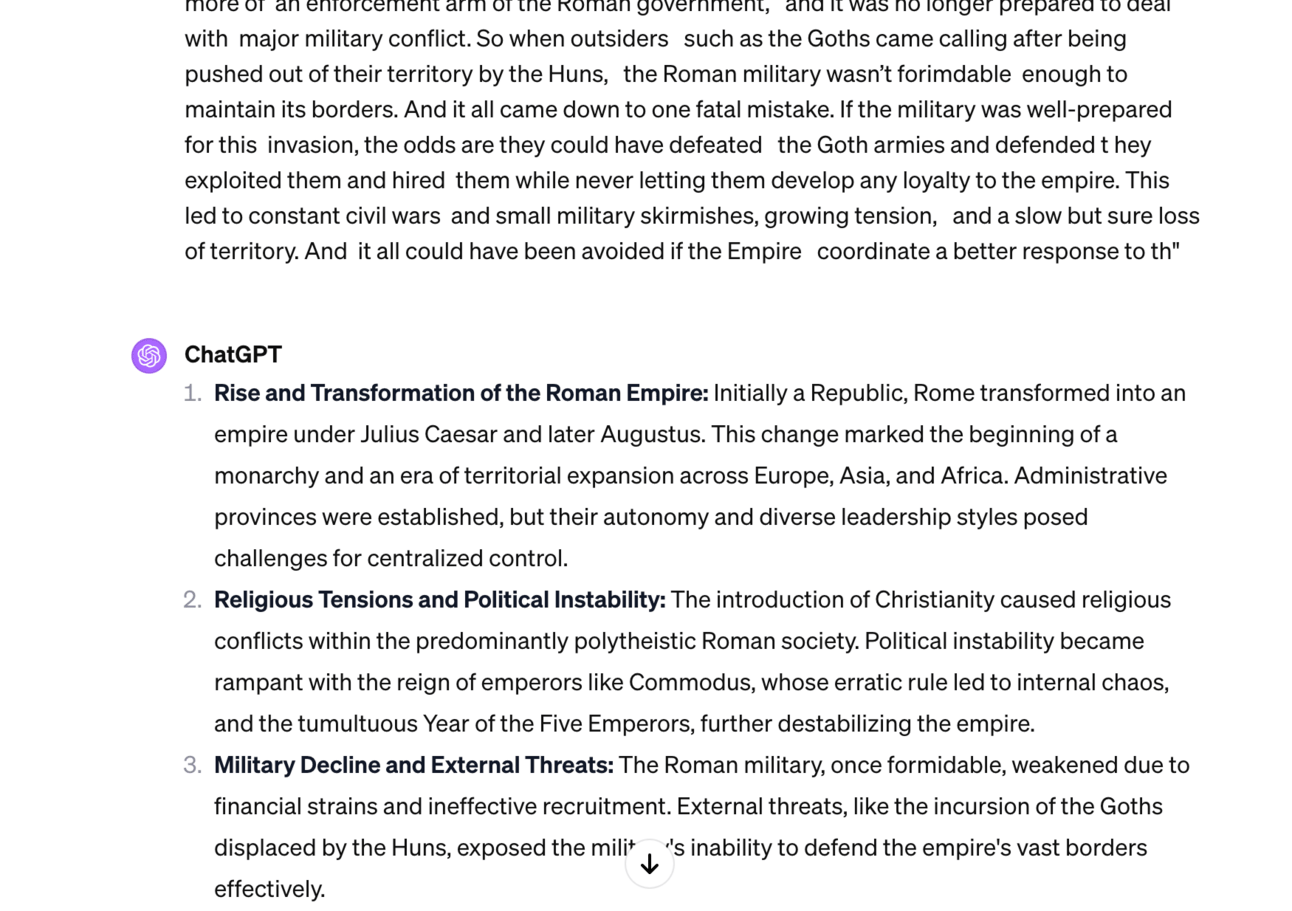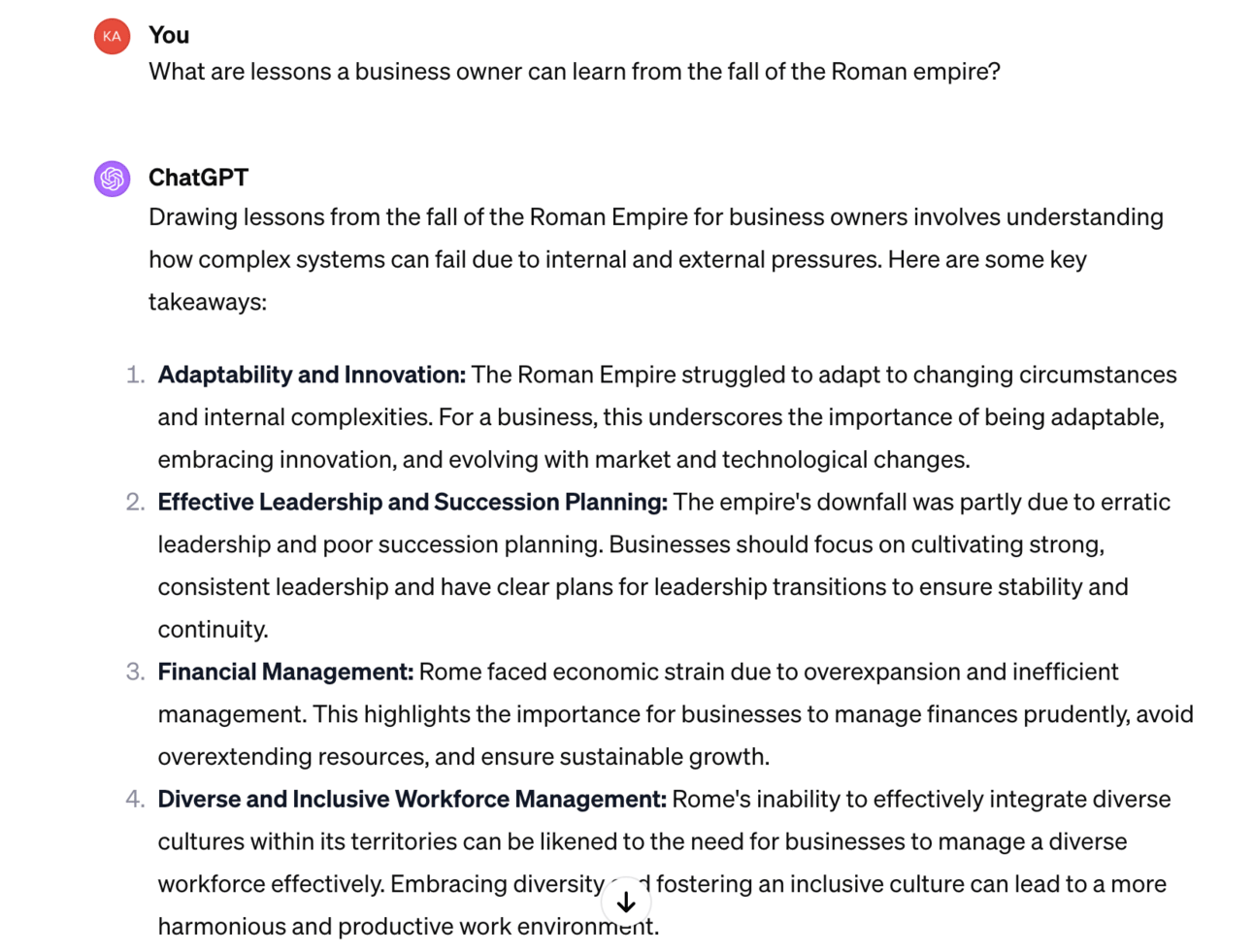- The Intelligence
- Posts
- 🚨 Microsoft and Nvidia just opened the floodgates 🚨 Week 48
🚨 Microsoft and Nvidia just opened the floodgates 🚨 Week 48
🚨 Microsoft and Nvidia just opened the floodgates 🚨
Good afternoon,
Welcome to this weeks newsletter. There was a little less drama in the AI world last week but there are still a lot of important developments that happened.
Before we dive in, AI might replace our meteorologists before it will replace you! AI meteorology model GraphCast outperformed traditional forecasting models by 90% over 1300+ metrics in a period of 10 days.
Is there anything AI can’t do!?
Table of contents
❌ Sam Altman and Greg Brock are not leaving! ❌
OpenAI is getting right back to work 🛠️
Microsoft and Nvidia is going to make every developer an AI engineer 🧑💻
Learn everything you watch 👀
META dismantling their Responsible AI team 😳
Updates
❌ “I’m not f*ing leaving” ❌
Yes, we just quoted Leonardo DiCaprio from the movie The Wolf of Walstreet, if you know you know.
Sam Altman will return as CEO of OpenAI, overcoming an attempted boardroom coup that sent the company into chaos over the past several days. Former president Greg Brockman, who quit in protest of Altman’s firing, will return as well. The company said in a statement late Tuesday that it has an “agreement in principle” for Altman to return alongside a new board composed of Bret Taylor, Larry Summers, and Adam D’Angelo. D’Angelo is a holdover from the previous board that initially fired Altman on Friday. He remains on this new board to give the previous board some representation. People familiar with the negotiations say that the main job of this small initial board is to vet and appoint an expanded board of up to nine people that will reset the governance of OpenAI.
Microsoft, which has committed to investing billions in the company, wants to have a seat on that expanded board, as does Altman himself. During a press tour this week, CEO Satya Nadella said the company didn’t want any more “surprises.” The very human power struggle at the center of all this seems not yet completely over. Both sides have agreed to an investigation into this whole saga, which will presumably be done by an outside, independent law firm.
🛠️ Business as usual 💰
OpenAI has released a new voice feature for ChatGPT, allowing all users to use their voice to interact with the AI in the mobile app and receive an audible response. This feature was initially available only to paying users but is now accessible to everyone for free. The release of this feature coincides with internal turmoil at OpenAI, following the sudden ousting of their CEO and ongoing negotiations for his return. The company's board fired co-founder and CEO Sam Altman due to communication issues, leading to significant unrest among the staff. Despite the upheaval, OpenAI is moving forward with the release of the voice feature, which has been well-received by former OpenAI president Greg Brockman, who resigned after Altman's departure. The feature is expected to enhance the ChatGPT experience for users.
OpenAI has decided to pause new user subscriptions for ChatGPT Plus due to a surge in usage that has exceeded capacity. This decision follows the announcement of new features for paying subscribers, including the ability to build their own chatbots. The surge in demand has also led to more cyberattacks and outages, raising concerns about the chatbot's security. Additionally, there is a waitlist for the enterprise-level subscription, with some users waiting several months for access. The subscription plan for ChatGPT Plus costs $20 a month and provides access to GPT-4, offering higher accuracy, faster responses, and additional image and voice features.
💡 Developments at Microsoft and Nvidia 💡
Microsoft and Nvidia have collaborated to make it easier for developers to run and configure AI models on their Windows PCs. They announced the Windows AI Studio during the Microsoft Ignite event, which serves as a hub for developers to access AI models and tools, including those from Azure AI Studio and services like Hugging Face. The studio offers a guided workspace setup with model configuration UI and walkthroughs to fine-tune various small language models (SLMs), such as Microsoft’s Phi, Meta’s Llama 2, and Mistral.
It also allows developers to test the performance of their models using Prompt Flow and Gradio templates. Microsoft plans to release Windows AI Studio as a Visual Studio Code extension in the coming weeks.
Nvidia also revealed updates to TensorRT-LLM, which was initially launched for Windows to run large language models (LLMs) more efficiently on H100 GPUs. The latest update brings TensorRT-LLM to PCs powered by GeForce RTX 30 and 40 Series GPUs with 8GB of RAM or more. Additionally, Nvidia will make TensorRT-LLM compatible with OpenAI’s Chat API through a new wrapper, enabling developers to run LLMs locally on their PCs. This aligns with Microsoft's goal to create a "hybrid loop" development pattern, enabling AI development across the cloud and locally on devices, reducing the reliance solely on local systems for AI development.
🛠️ Tool of the week 🗓️
Imagine asking questions to a informative video you really think is important. That is a reality when using Glasp. This is a transcribing tool that imports transcripts from Youtube video’s to your ChatGPT account in order for you to summarize and ask questions about it. Download the tool here.
In this example we used the tool on a video about the fall of the Roman empire. We then asked ChatGPT what business owners can learn from the fall.

Step 1: Let the tool transcribe the video information.

Step 2: ChatGPT makes a summary of the transcript.

Step 3: Ask your questions and converse with the video.
Updates
META dismantling their Responsible AI team 😳
Meta has reportedly disbanded its Responsible AI (RAI) team and redirected its resources towards generative artificial intelligence. Most RAI members will move to the company’s generative AI product team, while others will work on Meta’s AI infrastructure.
The company has stated that it will continue to prioritize and invest in safe and responsible AI development, with members of the RAI team now supporting relevant cross-Meta efforts on responsible AI development and use. The RAI team had previously seen a restructuring earlier in the year, which included layoffs, leaving it "a shell of a team." The team was created to identify problems with AI training approaches and prevent issues like moderation problems on its platforms. This move by Meta comes as world governments are racing to create regulatory guardrails for artificial intelligence development